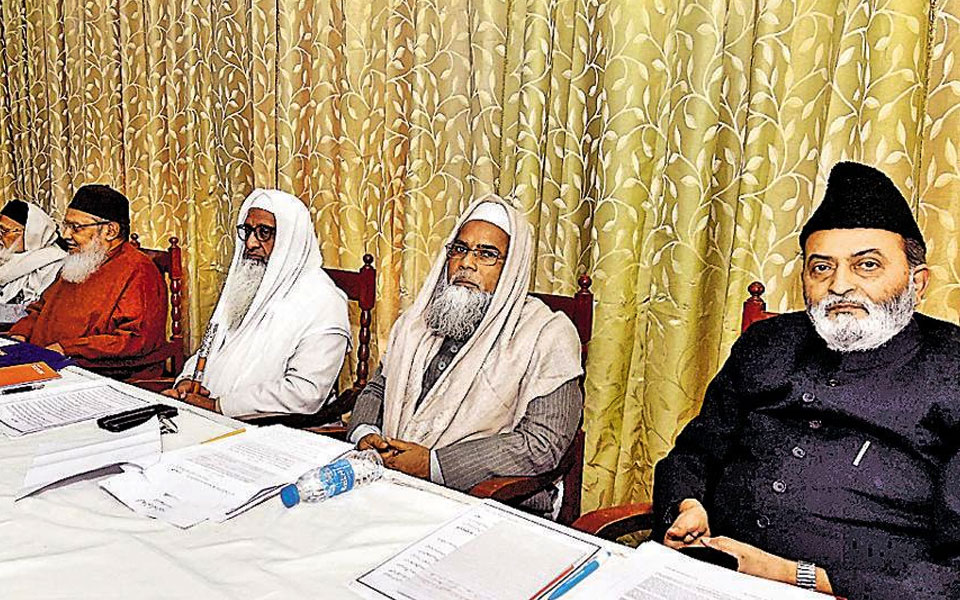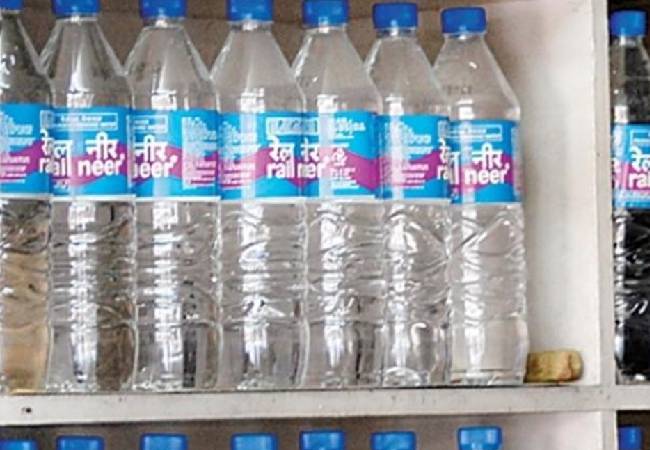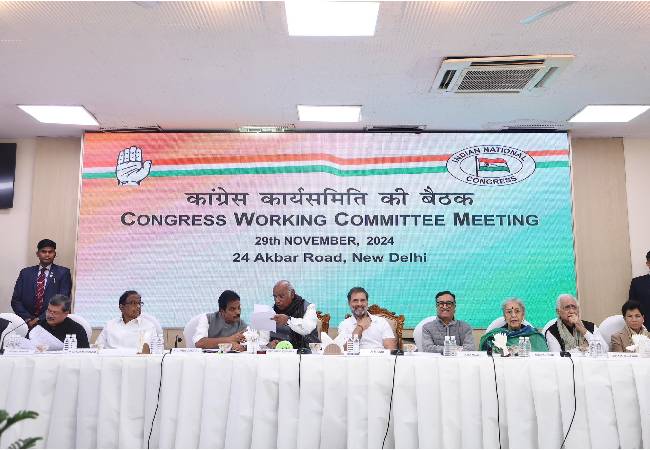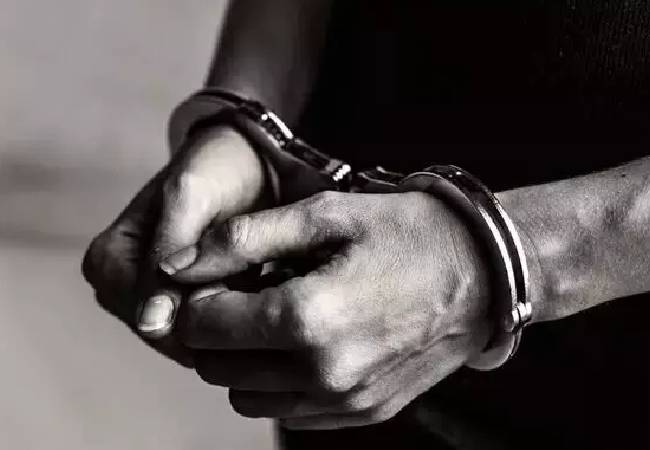New Delhi : The All-India Muslim Personal Law Board, an advocacy group that campaigns for shariah law among Muslims, will set up arbitration centres called Darul Qazas in every district of the country, Zafaryab Jilani, a senior member of the board, told HT Sunday.
Darul Qaza centres traditionally deal with matters allowed under The Muslim Personal Law (Shariat) Application Act, 1937. Individuals could bring matrimonial and property disputes before such centres.
Shariah refers to Islamic law based on the Quran and the teachings of Prophet Mohammed, known as Ahadith.
“These centres would also advise couple against instant triple talaq as it is both bad in Islam and also now banned by the law,” Jilani said.
Triple talaq is the Muslim practice of divorce put into effect by uttering the Arabic word for divorce, talaq, three times at one go.
Many cities, such as Lucknow, Guwahati, Patna and Hyderabad, already have such arbitration centres, whose main function is to advise, counsel and administer shariah laws.
Jilani said, according to a past Supreme Court judgement, these centres were legally permissible and did not amount to a “parallel legal system” that contravened the Constitution. “These are not courts, but centres of Islamic jurisprudence. That’s what the SC had ruled,” he said.
According to Jilani, one Vishwa Madan Lochan in 2010 had petitioned the Supreme Court to quash these centres on the grounds that they clashed with the judiciary.
“We explained the Darul Qaza system before the court. The court order was that these were not courts.”
The influential Muslim seminary Darul Uloom in Deoband was one of the parties, along with the personal law board, in that case.
“Essentially, they (Darul Qazas) counsel parties on what shariah says on a particular matter,” said Noor Qazi, a New Delhi based Islamic scholar. Around 50 Darul Qaza centres are functioning currently in various states.
courtesy : hindustantimes.com
Let the Truth be known. If you read VB and like VB, please be a VB Supporter and Help us deliver the Truth to one and all.
New Delhi (PTI): Approximately 13 lakh litres of packaged drinking water -- 'Rail Neer' -- are being supplied to train passengers across the railway network daily, the government informed the Lok Sabha in a written reply on Wednesday.
Apprising the Lower House about the Indian Railways' endeavour to provide safe and potable drinking water facilities at all stations, the government also provided zone-wise details of the water vending machines (WVMs) installed there.
"To ensure the quality of drinking water being made available at the railway stations, instructions exist for periodical checking and required corrective action to be taken.
"Regular inspection and maintenance of drinking water facilities is carried out and complaints are attended to promptly," Railway Minister Ashwini Vaishnaw said while responding to a question raised by BJP MP Anup Sanjay Dhotre seeking to know the supply of drinking water at railway stations across the country
"Complaints regarding deficiency in services, including water supply, are received through various channels such as public complaints, web portals, social media, etc. These complaints are received at various levels, including the Railway Board, zonal railways, division office, etc.," Vaishnaw said.
"The complaints so received are forwarded to the concerned wings of Railways and necessary action is taken to check and address them. As receipt of such complaints and action taken thereon is a continuous and dynamic process, a centralised compendium of these is not maintained," he added.
Providing zone-wise details of water vending machines, the minister said 954 such machines have been installed across railway stations.
"The Indian Railways also provides safe and affordable packaged drinking water bottles -- Rail Neer -- approved by the Bureau of Indian Standards (BIS) in trains and at stations," Vaishnaw said.
"Approximately, 13 lakh litres of Rail Neer are being supplied per day to the travelling passengers in trains and at stations across the Indian Railways network," he added.




